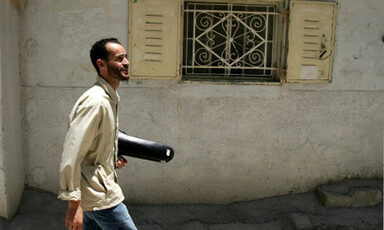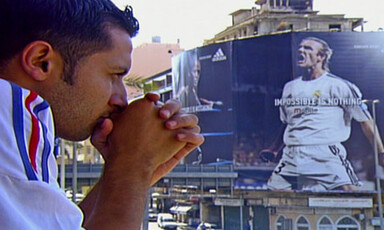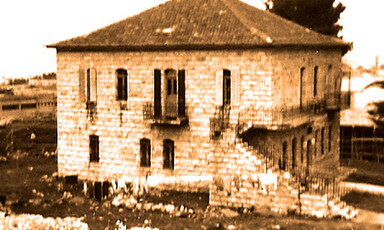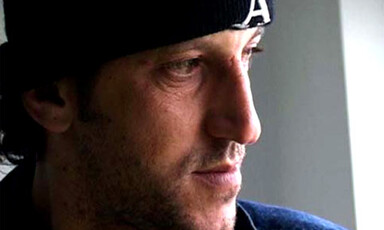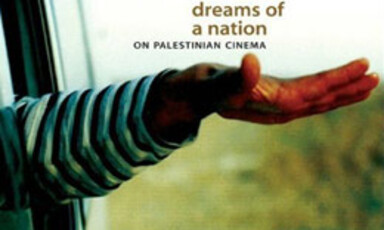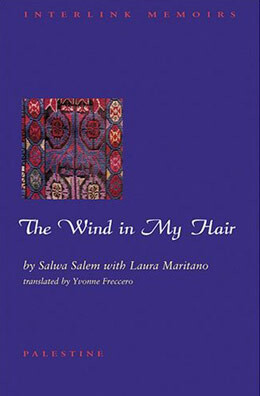
Review: Palestinian Revolution Cinema
9 May 2007
Hamid Dabashi, founder of the Dreams of a Nation: A Palestinian Film Project, has said that one of the distinguishing qualities of Palestinian national cinema is that it has and continues to be produced during the throes of trauma. This stands apart from other national cinema (German, Italian, and Iranian, to name a few) which came to maturity through dealing with past national trauma. However, there has never been a Palestinian-produced feature film focusing on the Nakba. Yet, the Nakba is at the core of Palestinian cinema, as exemplified by the Palestinian Revolution Cinema series curated by Palestinian artist Emily Jacir. Read more about Review: Palestinian Revolution Cinema

